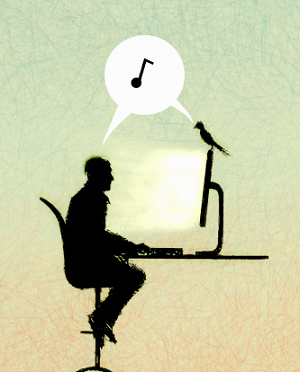Jan 28, 2026
Jan 28, 2026
 Some say it is networking, others feel that it is reconnecting with old friends, with whom one has lost touch. Others use them for a parallel 'journalism' loosely put, where photographs, reports of events etc are uploaded. Many others use them to uphold 'causes ' garnering public support or signatures for what they think are justifiable causes. Writers and litterateurs use them to promote creative writing, and to share their events and writing. Academics use them to promote their journals, and invite authors to write. So do editors of magazines and literary journals. Some use them to express opinions on political and social happenings.
Some say it is networking, others feel that it is reconnecting with old friends, with whom one has lost touch. Others use them for a parallel 'journalism' loosely put, where photographs, reports of events etc are uploaded. Many others use them to uphold 'causes ' garnering public support or signatures for what they think are justifiable causes. Writers and litterateurs use them to promote creative writing, and to share their events and writing. Academics use them to promote their journals, and invite authors to write. So do editors of magazines and literary journals. Some use them to express opinions on political and social happenings.
16-Dec-2012
More by : Ananya S Guha